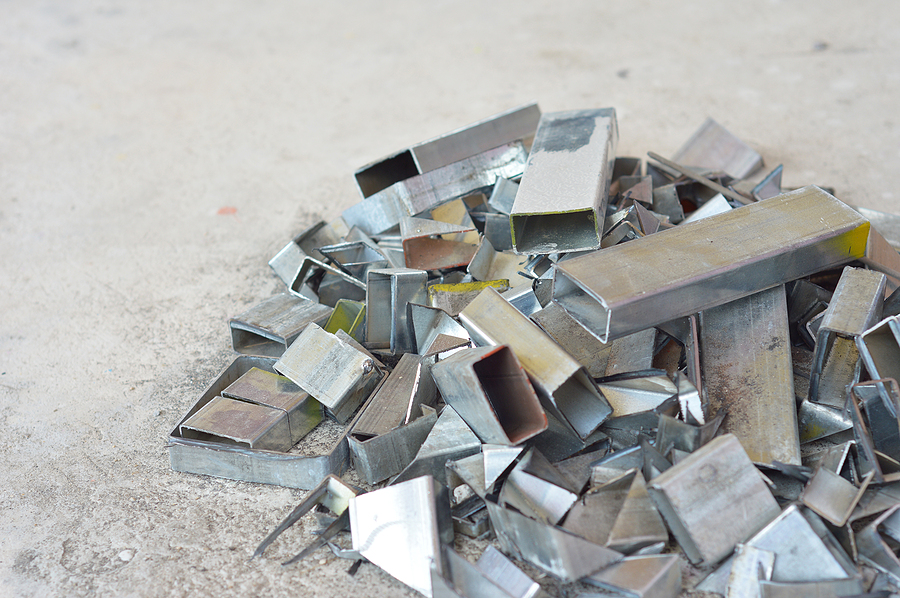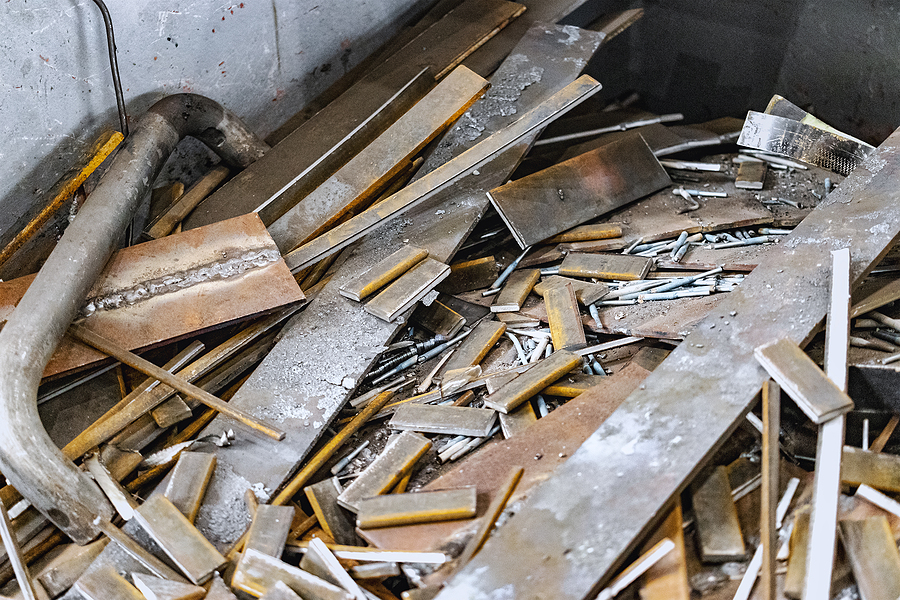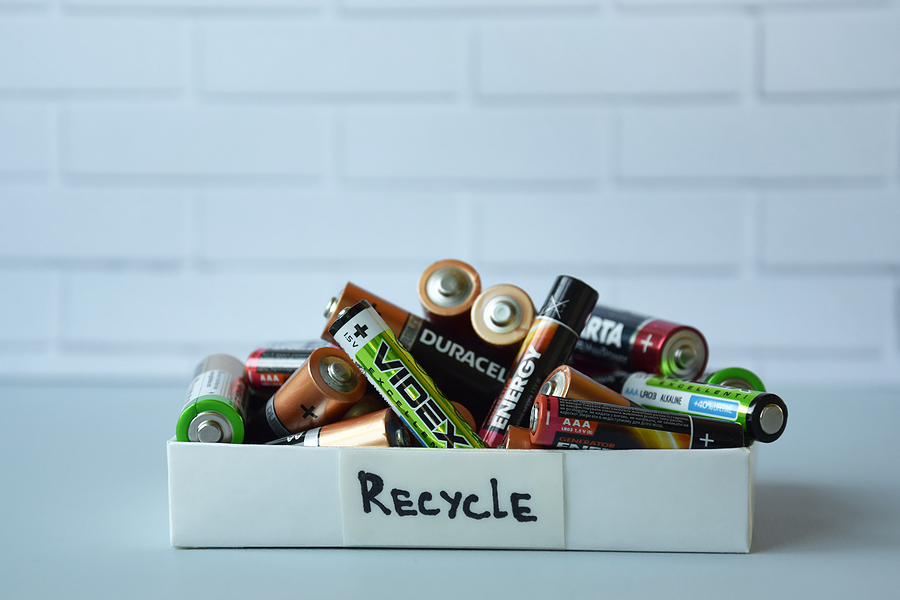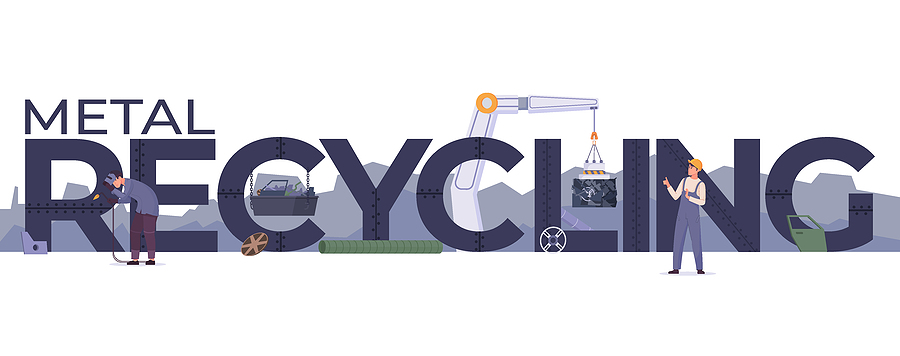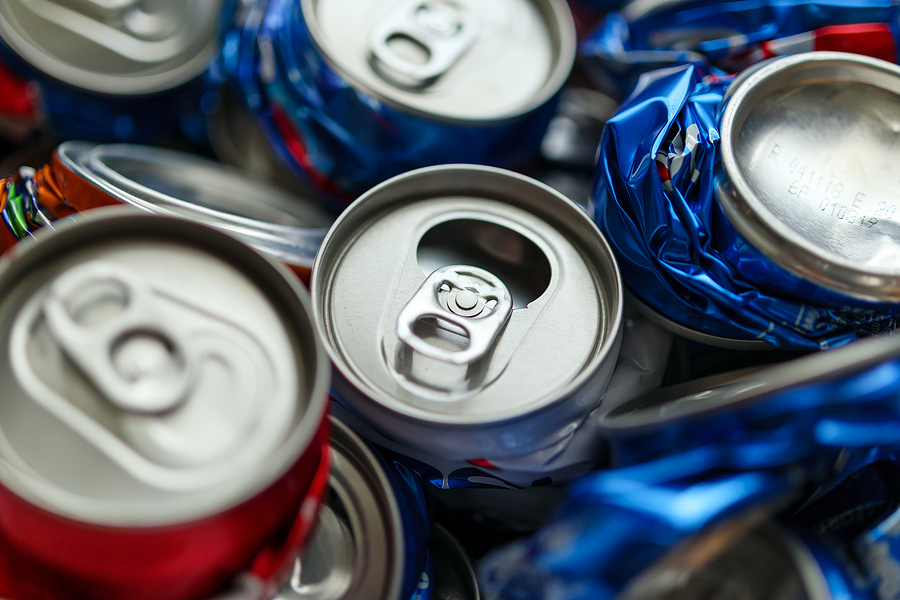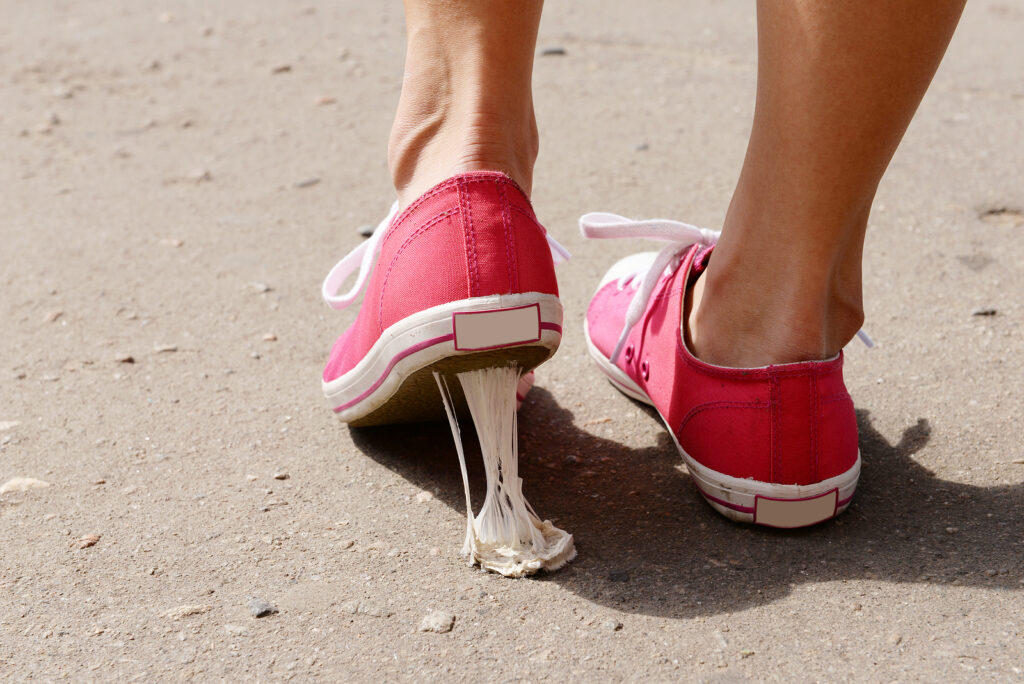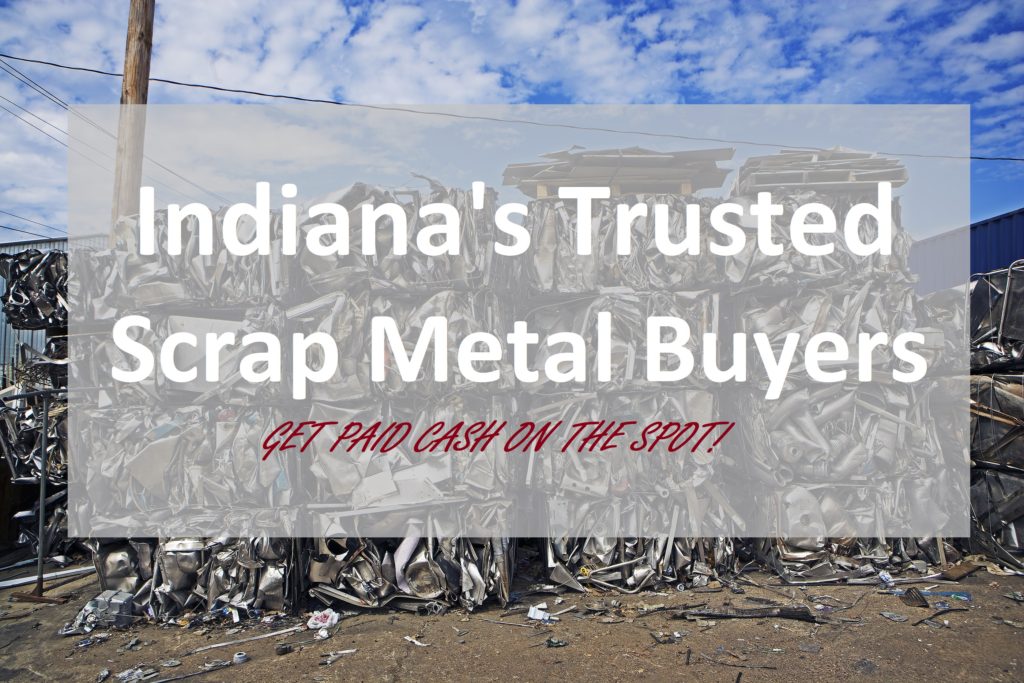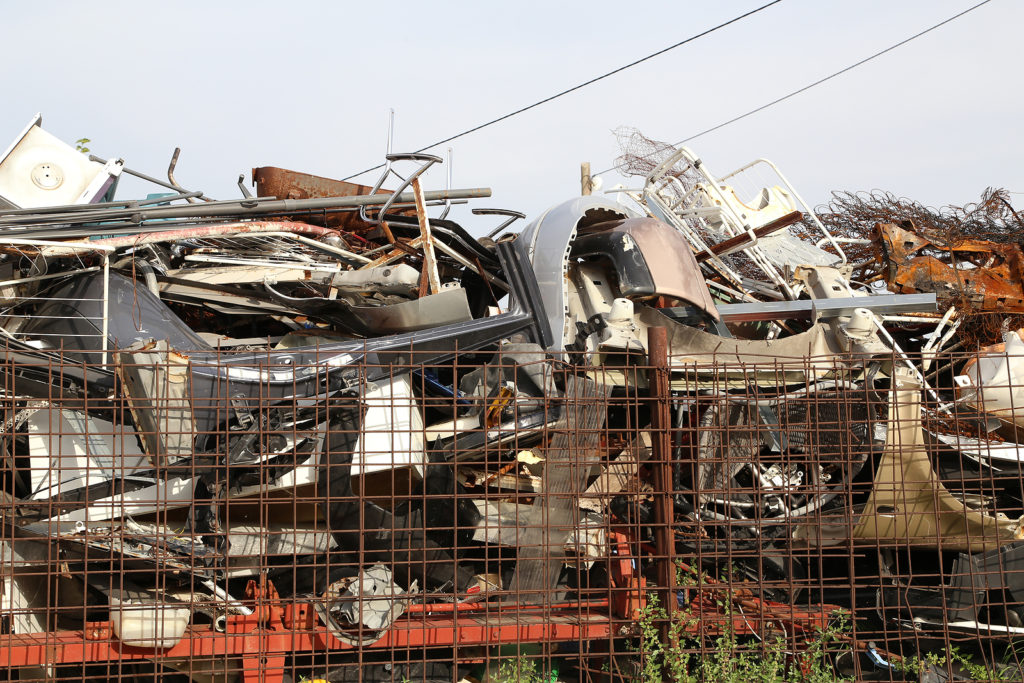In an age where recycling and sustainability are more important than ever, finding a reputable scrap metal buyer can be equivalent to striking gold. Not only does selling scrap metal contribute to environmental conservation by recycling valuable materials, but it also offers you the chance to earn some extra cash. However, navigating the waters of scrap metal selling can be tricky, with concerns about fair pricing, credibility, and immediate payment being paramount.
In this guide, we’ll walk you through the key steps to find a trustworthy scrap metal buyer who pays cash on the spot, ensuring you get the best deal for your efforts and contribute positively to the environment.
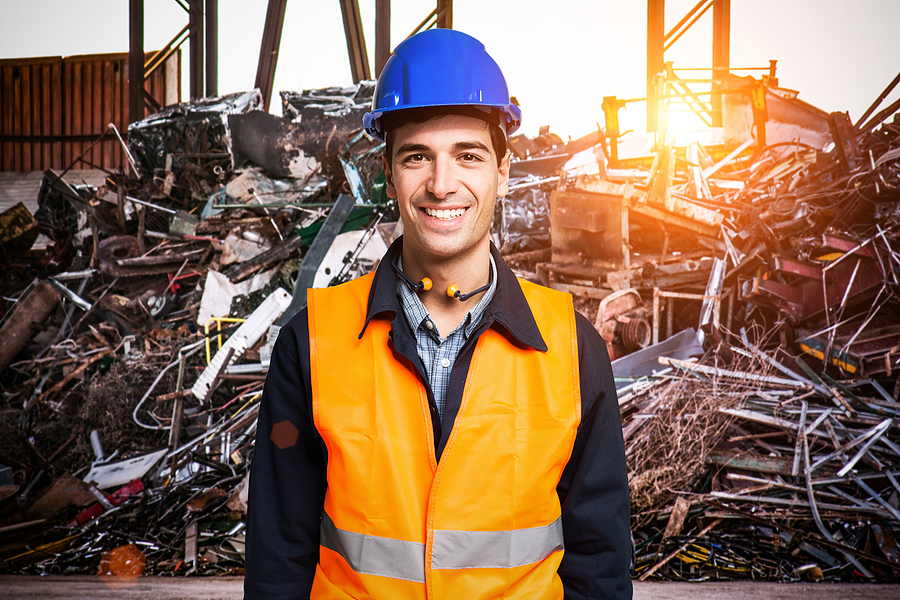
Finding Reputable Scrap Metal Buyers in Indianapolis
Do Your Research
As with any transaction, doing your research is crucial to finding a trustworthy scrap metal buyer. Start by asking for recommendations from friends and family or searching online for reputable buyers in your area. Check previous customers’ reviews and ratings to gauge their reputation. Additionally, check if the buyer holds relevant licenses and certifications, which are indicators of their credibility and adherence to industry standards.
Get Multiple Quotes
Once you have a list of potential buyers, it’s essential to get multiple quotes from different sources. This will allow you to compare prices and ensure that you’re getting the best deal possible. Keep in mind that scrap metal prices can vary depending on factors such as market demand, location, and type of metal. Exercise caution with buyers presenting really high offers that greatly deviate from the market average, as it may signal potential scams or unethical behavior.
Ask About Their Payment Terms
One of the most critical aspects of selling scrap metal is getting paid on the spot. Before committing to a buyer, make sure to clarify their payment terms and ensure that they pay in cash. Some buyers may offer to pay by check or electronic transfer, but these methods can sometimes take days to clear. As a general rule of thumb, it’s best to stick with buyers who pay in cash on the spot.
Check Their Facilities
Another factor to consider when choosing a scrap metal buyer is the condition of their facilities. Ideally, you should look for buyers who have well-maintained and organized yards for processing the metal. This not only ensures the safety of your materials but also speaks to their level of professionalism and commitment to the industry. If possible, you can also ask for a tour of their facilities to see how they handle and process scrap metal.
Inquire About Their Policies on Contaminated Materials
Scrap metal buyers have strict guidelines on the types of materials they can accept, with contaminated metals being a common issue. Before finalizing a deal, it’s essential to ask about their policies regarding contaminated materials. Reputable buyers will have specific protocols for handling these materials and may even offer solutions or resources for properly disposing of them.
Trust Your Gut
Lastly, it’s crucial to trust your intuition when dealing with a scrap metal buyer. If something feels off or if the buyer seems hesitant to answer your questions, it may be best to look elsewhere. Your safety and the fair compensation for your materials should always be a top priority. If you’re ever in doubt, don’t hesitate to walk away from the deal.
Conclusion
Finding a reputable scrap metal buyer that pays cash on the spot may take some effort, but it’s well worth it for both your wallet and the environment. Remember to do your research, get multiple quotes, clarify payment terms, check facilities, inquire about contaminated materials policies, and trust your gut when choosing a buyer. By following these steps, you can ensure a smooth and trustworthy transaction while contributing to the sustainability of our planet. So start collecting and selling scrap metal today, and make a positive impact while earning some extra cash in the process!
Are you ready to get paid for your metal-based scrap materials? Contact us at 317-247-8484 to do business with our licensed and friendly scrap metal buyers in Indianapolis, Indiana. We also offer free junk car removal service!
Related Posts:
Pro Tips for Maximizing Profit in Scrap Metal Recycling
Green Business Solutions: Why Investing in Scrap Metal Recycling Services is a Win-Win
7 Tips for Selling Your Scrap Metal Responsibly

